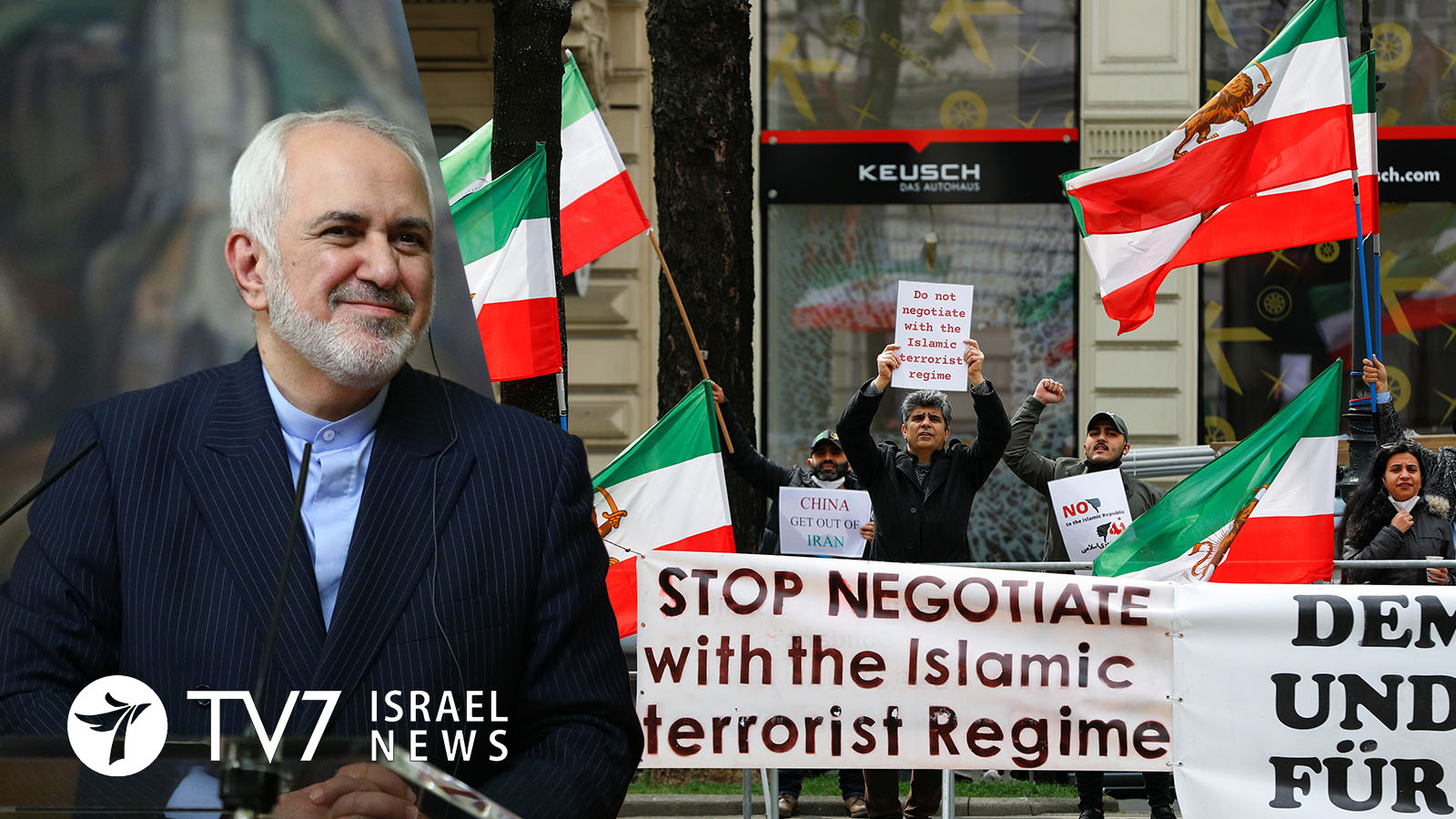World powers and Iran are seeking to accelerate efforts to bring Washington and Tehran back into compliance with the 2015 Joint Comprehensive Plan of Action (JCPOA) nuclear accord.
Iran, Britain, China, France, Germany and Russia began a third round of meetings in Vienna yesterday aimed at reaching consensus on what steps that would be needed to revive the pact, which was abandoned in 2018 by former US President Donald Trump who also re-imposed stiff sanctions against the Islamic Republic.
The primary disputes are over what punitive economic measures Washington would need to lift in exchange for which nuclear obligations Tehran would agree to adhere.
Representatives of the five powers and the European Union are shuttling back and forth to the US delegation; which is situated at a separate location in the Austrian capital since Iran rejected direct communications.
Russian and Chinese delegates have reported that all sides have agreed to “expedite” the process, and hope to achieve tangible results by mid-May, ahead of the expiration of the International Atomic Energy Agency (IAEA) a monitoring agreement with the Ayatollah regime and Iranian presidential elections on 18 June.
“We hope all parties will sustain the momentum we have already reached in their efforts towards an earliest resolution of this issue before us,” China’s IAEA envoy Wang Qun told reporters after a meeting of senior diplomats, adding that they would reconvene today for a further situational assessment.
Three expert working groups have been tasked with negotiating the most critical issues and the drafting of proposed solutions.
At the conclusion of the last round of talks last week, the US and its European allies revealed there were still serious outstanding differences between the sides despite some progress. That view was later confirmed by Iran’s top negotiator Abbas Araqchi, who told state television, “We are on the right path but hard challenges and difficult details remain.”
While European states have stressed that their immediate focus is to revive the existing deal before tackling wider issues, Washington has been simultaneously working to reassure key Gulf Arab allies that any agreement will ultimately lead to a bolstered, longer-lasting nuclear accord that would also address Iranian ballistic missile development and malign regional behavior.
Alluded to that strategy, US Special Envoy for Iran Rob Malley wrote on Twitter following a video call yesterday, “Good discussion this morning with our GCC partners regarding the status of JCPOA talks and regional security.”
“Heading back to Vienna for the next round of talks toward our objective of a mutual return to JCPOA compliance,” he added.
Just ahead of the resumption of the nuclear talks in Vienna, Iranian Foreign Minister Mohammad Javad Zarif described the negotiations as “good and constructive”.
“We hope that the new administration of the US will follow a reasonable and logical policy and return to the nuclear agreement as soon as possible by fulfilling its own commitments,” Zarif said at a joint press conference in Baghdad alongside his Iraqi counterpart, adding, “We declare that we will fully comply with our responsibilities if the counterparty fulfils their commitments.”
Iraqi Foreign Minister Fuad Hussein commented that, “The negotiations between Iran and the other parties in the capitals of various countries have reached an important stage. We are following Iran and the US negotiations in Vienna and find it important.”
Hussein also said it serves Iraq’s interest to work with Iran to achieve stability in the region.
This, as multiple media outlets are reporting that Iraq is engaged in efforts to de-escalate tensions between Iran and its arch-foe Saudi Arabia.
Following the toppling of the Saddam Hussein regime in Iraq in 2003 by the US invasion, Baghdad and Tehran established strong relations. Washington has nevertheless repeatedly accused Iran of meddling in Iraq’s affairs, an accusation denied by Ayatollah regime.
In related developments, Israel’s National Security Advisor Meir Ben-Shabbat and Mossad Director Yossi Cohen are currently in Washington to present Jerusalem’s concerns over the Iranian nuclear dispute. IDF Chief of Staff Lt. Gen. Aviv Kochavi, who had also been slated to attend, had to cancel departure due to the recent escalation of Gaza rocket attacks on Israel’s southern front.
White House Press Secretary Jen Psaki said “no” when asked during a briefing whether “Jerusalem could change the Biden Administration’s position on rejoining the nuclear deal.
She went on to say that Washington was aware that indirect negotiations in Vienna “on the potential for a diplomatic path forward” to a nuclear deal “would be challenging,” but is “encouraged” that “there are still conversations between all parties” and that they are ongoing.”
“As it relates to Israel, we have kept them abreast as a key partner of these discussions — or of our intentions, and we will continue to do that on any future visits,” said Secretary Psaki.
